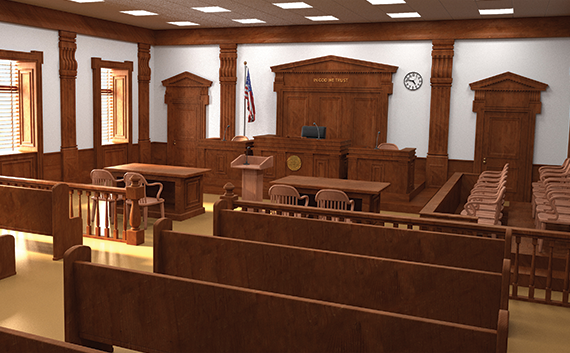Dissolution of the Marriage
In the State of Pennsylvania two people may obtain a decree in divorce by agreement 90 days after the party filing the divorce serves the other party. Absent an agreement, one party may force the other party to divorce after being separated for 2 years. Pennsylvania also has fault grounds for divorce, however given the other two avenues, and the fact that equitable distribution is unaffected by fault, fault grounds are rarely used.
Distribution of Martial Property
One of the things that can hold up the actual divorce is how to divide the martial estate. It is important to note that in most circumstances a divorce decree should not be entered until there is an agreement or Court order distributing the entire martial estate. It is for this reason that cheap flat rate do it yourself divorce promotions should be avoided. Unless you have no assets of value, you really need a divorce lawyer to make sure that your rights and your property are protected.
Generally, everything gained, accrued, earned, etc. from the date of marriage to the date of separation is considered a marital asset. Things that are owned prior to marriage and held in individual name during the marriage are not marital assets, but their gain in value is. Debts accrued during the marriage are generally considered marital debts for distribution between the parties.
Cases can be resolved through agreement, or in the absence of an agreement, by Court Order after an equitable distribution trial.
Although many cases turn out 50/50, there is no rule that that should be the default distribution. In fact, the court is required to consider the following factors in deciding the appropriate distribution:
-
(1) The length of the marriage.
-
(2) Any prior marriage of either party.
-
(3) The age, health, station, amount and sources of income, vocational skills, employability, estate, liabilities and needs of each of the parties.
-
(4) The contribution by one party to the education, training or increased earning power of the other party.
-
(5) The opportunity of each party for future acquisitions of capital assets and income.
-
(6) The sources of income of both parties, including, but not limited to medical, retirement, insurance or other benefits.
-
(7) The contribution or dissipation of each party in the acquisition, preservation, depreciation or appreciation of the marital property, including the contribution of a party as a homemaker.
-
(8) The value of the property set apart to each party.
-
(9) The standard of living of the parties established during the marriage.
-
(10) The economic circumstances of each party at the time the division of property is to become effective.
-
(10.1) The Federal, State, and local tax ramifications associated with each asset to be divided, distributed or assigned, which ramifications need not be immediate and certain.
-
(10.2) The expense of sale, transfer or liquidation associated with a particular asset, which expense need not be immediate and certain.
-
(11) Whether the party will be serving as the custodian of any dependent minor children.

